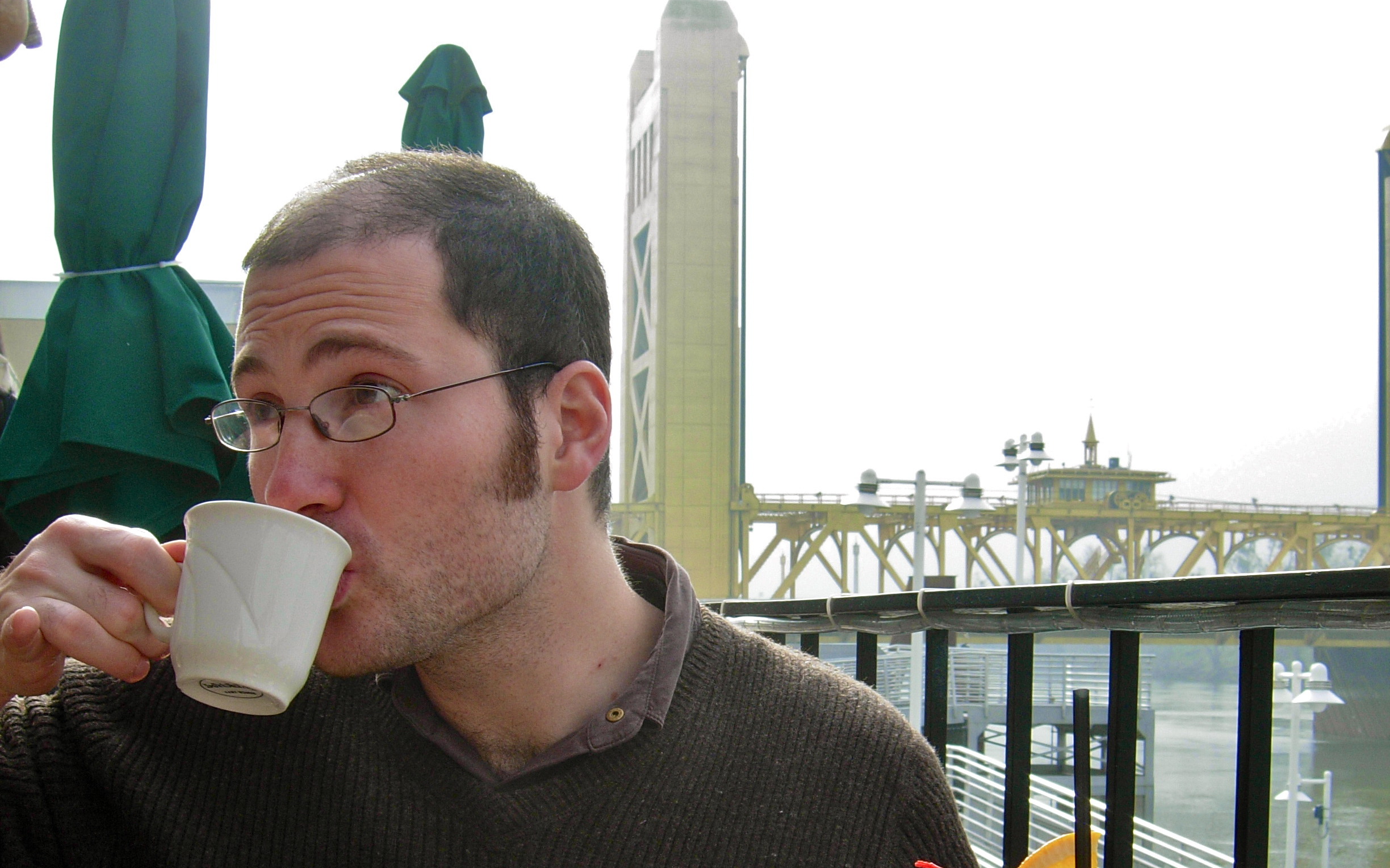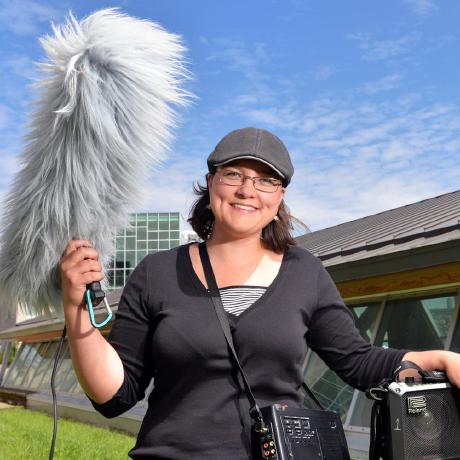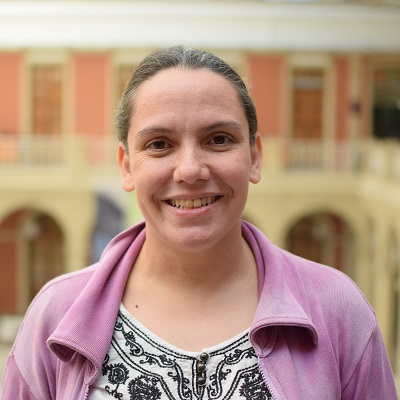All posts (Page 89 of 129)
rOpenSci’s package review system (aka onboarding) is one of our key activities to improve quality and sustainability of scientific R packages. The editorial team are constantly working towards improving the experience for both authors and reviewers. After our first year, we surveyed authors and reviewers who participated in our onboarding process to help us better understand what’s working well and where there is room for improvement. At the end of last year, we did so again, re-designing our survey so as to better track participant opinions year-to-year. In this post we summarize the 45 responses that we received and what we’re doing to address your feedback....
 ZgotmplZ
ZgotmplZ style=" object-fit: cover; object-position: center; height: 250px; width: 250px; margin-right: 15px"
/>
<p>
<em>Dr. Noam Ross [@noamross on Twitter] is a disease ecologist at <a href="https://www.ecohealthalliance.org/">EcoHealth Alliance</a> in NYC, as well as an editor for rOpenSci. Topics of discussion included Noam’s history with R and rOpenSci, working in a team-driven research environment, and inspirations for pushing research processes and rOpenSci projects in exciting new directions.</em>
</p>
</figure>
</div>
KO: What is your name, job title, and how long have you been using R?
...🔗
The general struggle
Something that will make life easier in the long-run can be the most difficult thing to do today. For coders, prioritising the long term may involve an overhaul of current practice and the learning of a new skill. This can be painful for a number of reasons:
- We have to admit to ourselves that we’ve been doing things inefficiently (i.e. wasting time). This makes us feel stupid and fosters a sense of missed opportunity: we could’ve done something cool with the time we’d have saved (e.g. vacation).
- We’re fond of our existing methods, probably because we’re used to them and they’ve served us pretty well thus far.
- The learning we have to do may seem beneath us: “I’m an expert in R, I’ve even written my own package. Surely ‘Version Control for Beginners’ wasn’t intended for the likes of me.” This kind of thought permits us to dismiss good ideas.
- We’re tired. Overhauling workflows and learning new skills takes energy and concentration. Today, we’ll go through the motions just like we did yesterday. And hey, no one complained about the work we did yesterday.
- We feel like the task is actually beyond us. This is almost never true (so long as we’re good at asking for help).
- In the context of a work environment, when we’re concentrated on learning, our apparent output drops (often to zero) until the learning period ends. A bad manager/supervisor who doesn’t appreciate the worth of taking the time to learn how to do things better may not forgive this short-term drop in apparent output.
Something that will make life easier in the long-run can be the most difficult thing to do today.
...
If you read my reflection #1 on rOpenSci Onboarding, then you know I see value in the Onboarding process. A LOT of value even. This post is about where that value lies.
This question has important corollaries which I will explore here based on my experience as a reviewer of bowerbird:
- How is a package peer reviewer’s time best spent?
- When is the best time in a software package’s life cycle to undertake peer review?
🔗
Doing a good job
As I’ve read the growing number of reflective posts by other Onboarding reviewers, I’m struck similarities in our experiences. Mara Averick, Verena Haunschmid, and Charles Gray all place emphasis on reviewing from a “user’s” perspective. For Mara and Charles, this perspective was used to gain traction after initial nervousness about their ability to do a good job.
...Hydrology is a concept to unify statistics, data analysis and numerical models in order to understand and analyze the endless circulation of water between the earth and its atmosphere.
That’s a lot alike Data Science, isn’t it? Hydrologic Processes evolve in space and time, are extremely complex and we may never comprehend them. For this reason Hydrologists use models where their inputs and outputs are measurable variables: climatic and hydrologic data, land uses, vegetation coverage, soil type etc.
...



